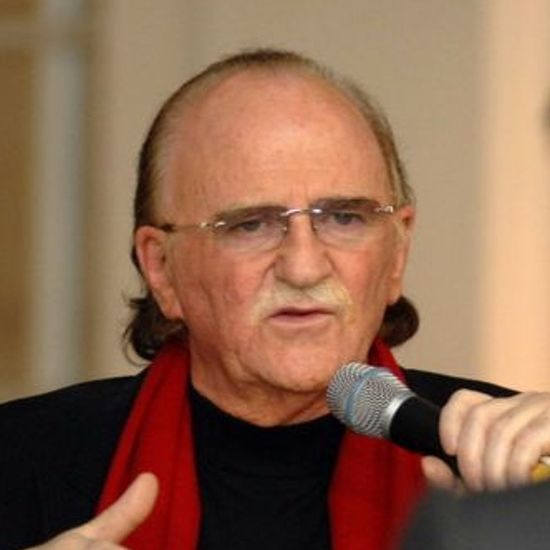By Paul Gregoire
Copyright greenleft

The Australian Taxation Office whistleblower Richard Boyle will not spend time in prison, after he took a plea deal.
The South Australian District Court Judge Liesl Kudelka did not record a criminal conviction against Boyle on August 28. Boyle pled guilty to four minor charges. He was facing 24 minor criminal offences in mid 2020, or the threat of life imprisonment due to 66 charges bought in 2019.
Boyle ran a public interest disclosure defence in October 2022, arguing that he had been protected under the Public Interest Disclosure Act 2013 (Cth). Justice David Lovell in 2024 found in Boyle’s favour, saying the whistleblower was protected in going to the media, but not in the preparatory acts he took to build his case.
Boyle was sentenced to a 12-month good behaviour bond.
His trial ends the three high-profile whistleblower prosecutions that were launched under then Coalition Attorney General Christian Porter.
After more than seven years of being dragged through legal processes, which included the threat of a prison term, Boyle is now a free man. However the whistleblower protections that failed him are still in place. The years of psychological torture Boyle was made to endure will deter others from whistle blowing on corrupt government practices.
Boyle blew the whistle on the ATO, internally, in mid-2017, after he saw it had been applying a garnishee order, dipping into small business accounts to bump up figures. Because Boyle exposed this misapplication it was brought to an end. Several independent inquiries into the matter vindicated his claims.
A Four Corners report, on the ABC, Mongrel Bunch of Bastards, in April 2018 exposed this and other malpractices.
Boyle only ever went to the media after he blew the whistle, as per the Public Interest Disclosure Act (PID Act). He put together a disclosure which he sent off, internally, to the ATO management and, in accordance with the law, waited for an employer to rectify a disclosure.
However, the ATO did not resolve the matter and Boyle went to the ABC. The Australian Federal Police raided his home around the time the report aired.
Boyle received 66 criminal charges relating to preparatory acts he had undertaken to support his disclosure. The maximum penalty he was then facing was an extraordinary 161 years in prison.
The SA District Court and the SA Supreme Court both confirmed that, as per the PID Act, Boyle should be charged with a reduced 24 criminal offences. Those were photographing client details, recording conversations with colleagues and loading this information onto an encrypted email account that his lawyer could access but never did — Boyle instructed.
The PID Act failed to protect Boyle because the criminal immunity under section 10 only covered his disclosing information to the media but not the work he did to back up his case.
Boyle sought to appeal the criminal immunity matter to the High Court late last year, but was denied. Early this year he called on Attorney General Mark Dreyfus to intervene after eight of the charges against him had been called out as bogus in court in 2022. That led to five charges being dropped.
In August Boyle pleaded guilty to four charges, that represented the essence of 66 charges laid against him in 2019.
Kudelka found that Boyle had “engaged in this criminal conduct” as he “genuinely believed” he was “justified” in doing so “for the greater good”. She described his undertaking of those preparatory acts as taking the law into his own hands and said there is “no room in our society for individuals” to do that.
The PID Act was drafted by Dreyfus in 2013. As Boyle, Australian Defence Forces lawyer David McBride and ex-ASIS agent Witness K, along with his barrister Bernard Collaery, were being charged for whistleblowing in 2021, Dreyfus in opposition, spoke out against the Coalition government’s failure to apply the 2016 Moss Review reforms to the PID Act and vowed to do so if elected.
Following his 2022 reappointment, Dreyfus announced in November he would begin initial reforms to the PID Act before mid-2023 to facilitate the newly launched National Anti-Corruption Commission (NACC). He promised another major overhaul of the PID Act following this.
The November 2023 Public Interest Whistleblowing Reforms Stage 2 consultation paper contemplated reforms as part of a major overhaul, including extending the section 10 criminal immunity to cover preparatory acts.
However, after Labor was returned to office May, Prime Minister Anthony Albanese did not reappoint Dreyfus to the AG job. Michelle Rowland, the new AG, did not undertake to continue with Dreyfus’ plan.
Rowland announced on July 31 that the “significant improvements” to the PID Act by Dreyfus in 2023 to help the NACC are “working”. On any further amendments, the AG said she “is considering further reforms to improve whistleblower protections”.
Boyle should be congratulated on standing firm and speaking truth to power.
[Paul Gregoire writes for Sydney Criminal Lawyers where this article was first published.]



